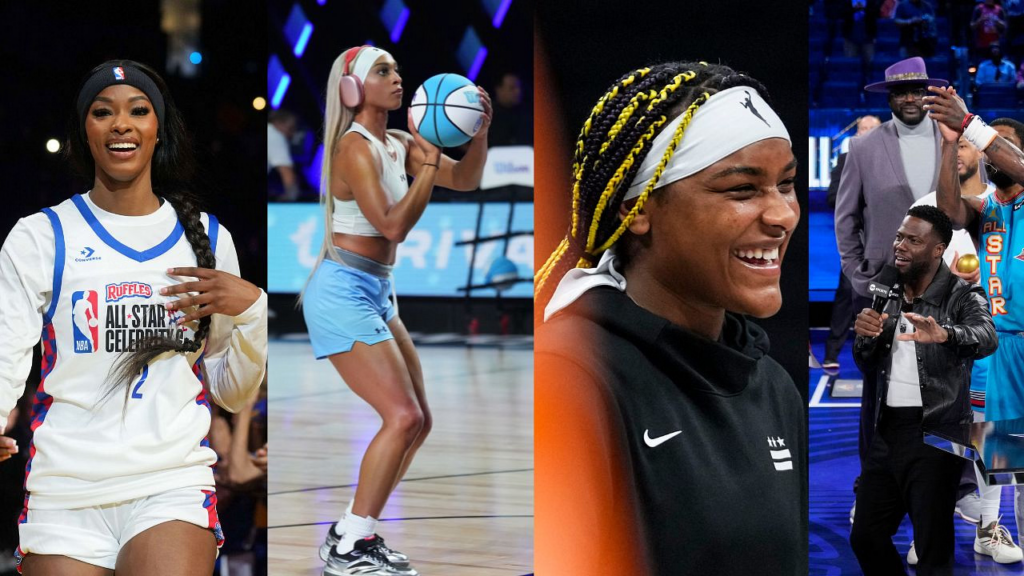
“It’s Just No Longer Called NIL Money” – DiJonai Carrington Slams Pay Disparity Narrative Between WNBA and NCAA Stars
WNBA star DiJonai Carrington has taken a strong stance against the growing narrative that collegiate athletes are now making more money than professional women’s basketball players. The Connecticut Sun guard pushed back against the perception that NIL (Name, Image, and Likeness) deals have completely outpaced WNBA salaries, stating that while pay structures may have changed, the underlying issues remain the same.
Challenging the Narrative
In a recent social media post, Carrington addressed the increasing number of NCAA women’s basketball players securing lucrative NIL deals, which in some cases surpass rookie and mid-level WNBA contracts. She argued that the issue isn’t just about NIL money but rather how women’s sports continue to be undervalued at all levels.
“It’s just no longer called NIL money,” Carrington wrote, emphasizing that athletes securing financial opportunities in college doesn’t mean the systemic pay gap in women’s professional basketball has been solved. She pointed out that WNBA players are still fighting for better salaries, resources, and sponsorship deals compared to their male counterparts.
The Reality of WNBA Salaries
While NCAA stars like Caitlin Clark and Angel Reese have amassed significant wealth through NIL sponsorships, WNBA salaries remain relatively low in comparison to the NBA. The WNBA’s maximum salary hovers around $250,000, while NBA contracts regularly reach into the tens of millions. Many WNBA players have historically supplemented their income by playing overseas during the offseason, further highlighting the pay gap within the sport.
Support from Fellow Athletes
Carrington’s comments have resonated with many within the basketball community. Current and former WNBA players have echoed her sentiments, emphasizing that the conversation should focus on increasing investment in women’s professional basketball rather than simply pointing out the financial opportunities available to college athletes.
Looking Forward
As NIL continues to reshape the financial landscape for collegiate athletes, the debate over fair pay in women’s sports is expected to intensify. Carrington’s remarks serve as a reminder that while progress is being made at the collegiate level, there is still work to be done to ensure that WNBA players receive the compensation and recognition they deserve.
For now, the battle for equality in women’s basketball wages on, with voices like Carrington’s pushing for a future where professional athletes in the WNBA are valued just as highly as their collegiate and male counterparts.
